Remove barriers to attainment of SDGs - Mudenda
- By Zimpapers Syndication |
- 27 Dec, 2025 |
- 0
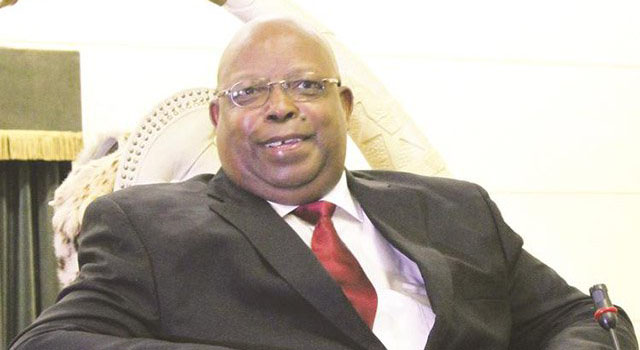
Sifelani Tsiko ---
Actors in the development process must make concerted efforts to remove all barriers to the attainment of Sustainable Development Goals to help reduce the burden of hunger and poverty among poor rural communities, Zimbabwe National Assembly Speaker Jacob Mudenda says.
Speaking at a dialogue session on the role of legislators in the achievement of SDGs which was held in Harare recently, Mudenda said the government and other development actors needed to remove barriers and enhance the ease of implementing programmes to help lift people out of poverty.
“When people are hungry for water, you want a feasibility study by the Ministry of Finance, another by the Ministry of Environment….more than three feasibility studies – what for?
“Why should you come up with a policy on whether people need water or not. Remove all these barriers and help the poor to access water quickly,” Mudenda said.
“If I’m poor don’t write a report about my poverty, about how poor I’m. Write about how I can get out poverty.”
He bemoaned about bureaucracy and too much paper work, at a time when people are desperate for solutions to improve their access to water, sanitation, food and other basic needs.
“The fulfilment of SDGs is the realization of the Bill of Rights,” the National Assembly Speaker said.
“In fact, they want us to fulfil the Bill of Rights. You can’t speak about the right to life when people have no water, food, schools, clinics and a clean environment. In short, this is the interpretation of the Bill of Rights in the brightest possible sense.
“Let us not have the spirit of compartmentalisation of these SDGs. This will assist us to appreciate the key issues in implementation of the SDGs.”
The dialogue session organised by the United Nations Development Programme (UNDP) sought to raise awareness on SDGs and enhance the quality of contributions from Parliament on national and global development agenda.
The forum also sought to empower legislators to effectively carry out their oversight role on the executive in the implementation of the SDGs.
“This dialogue session of SDGs is timely in the national and global development trajectory,” Mudenda said. “Parliament must ensure that we have laws that sustain the SDGs.
“Its oversight role must continually focus on how the executive is implementing the SDGs through cutting –edge socio-economic policies.”
In a speech read on his behalf by Ambassador Boniface Chidyausiku, the Chief Secretary to the President and Cabinet, Dr Misheck Sibanda said parliamentarians had a big role to play in the attainment of SDGs by the country.
“Parliamentarians represent the grassroots targeted by the development agenda,” he said. “Legislators, therefore, play a critical role in the dissemination, implementation, monitoring and evaluation of the strategies and activities that enable the attainment of the sustainable development goals.”
Rural communities have for years complained about delays in the construction of dams, dip tanks, roads, clinics, schools and the rehabilitation of other basic infrastructure owing largely to bureaucracy, cumbersome EIAs, lack of finance and commitment.
Delays in the implementation of development projects and the cumbersome approval process, have riled rural communities who are struggling to access basic services.
And with these incomplete projects and other unfulfilled plans, it contributed the failure by Zimbabwe to attain its Millennium Development Goals (MDGs) – the first global development goals that ended in 2015.
Swedish Ambassador to Zimbabwe. Lars Ronnas pledged to help Zimbabwe its SDGs through various funding mechanism which were already being implemented.
“Sweden as country, we stand by Zimbabwe. We are supporting the Zimbabwe Reconstruction Fund to the tune of US$5 million. This aims to help the country to undertake reforms within its public and private sector,” he said.
“I’m also pleased to tell you that last month my government tasked Swedish International Development Agency (SIDA) to draw up a strategy to work with Zimbabwe over the next five years.
“All this demonstrates the commitment of my country in working with Zimbabwe.”
Zimbabwe is among few African countries that have come up with a country position on the implementation of SDGs.
In partnership with UN agencies, it has developed the 2016 – 2020 Zimbabwe United Nations Development Assistance Framework (ZUNDAF) – a UN strategic programme to support national development priorities as informed by the 2013 – 2018 Zimbabwe Agenda for Sustainable Socio – Economic Transformation (ZimAsset).
ZUNDAF allows all UN agencies to support local initiatives to attain development goals.
Zimbabwe has set out itself to focus more on 10 of the 17 SDGs outlined by the UN.
The country says it will give more priority to goals on inclusive economic growth, energy, agriculture, food security, infrastructure, water and sanitation, health, education, climate change, gender and women and financing.
“The key issue here is how are we going to finance our SDGs,” said Dr Desire Sibanda, the Macro – Economic Planning and Investment Promotion Ministry Permanent Secretary.
“Political will is required to attain the SDGs. We also need to reverse the informalisation of the economy and plug the illicit flows that have cost the country a lot of resources.”
He said it was also important to raise awareness on SDGs and help engage the public on this.
“We need to place much emphasis on communication. We want all Zimbabweans to know about the SDGs,” Dr Sibanda said.
“Parliament needs to come up with a SDGs Accountability Committee where the executive will come and explain how they are implementing SDGs.
SDGs were adopted by member - states at the 70th session of the UN General Assembly on September 25, 2015 with 17 goals and 169 targets to replace the Millennium Development Goals that expired at the end of last year.
SDGs came into effect on January 1 this year and will guide the international development agenda over the next 15 years.
SDGS contain 17 stand - alone goals that aim to eradicate poverty and hunger, achieve gender equality and empower all women and girls among other goals.
All the goals are intrinsically interrelated and interdependent and broadly aim to change the unequal distribution of power, resources and opportunities.
“Unlike the Economic Structural Adjustment Programme (ESAP) and other economic reforms that were imposed on us, SDGs were developed with our full participation,” said Dr Sibanda of the Macro – Economic Planning and Investment Promotion Ministry.
“We have a duty to implement them because we participated in their establishment.”
Speaker Mudenda also added his voice on the SDGs.
“SDGs should as a compass for our country’s development process,” he said. “We should act within the compass of the SDGs and we must not be lost. We must follow the compass.
“SDGs can only have a real and meaningful impact if they are recognised, understood, appreciated and owned by stakeholders and the general public who must be their stewards.”
He challenged Portfolio and Thematic Committees to take the initiative through public hearings and outreach programmes to take SDGs to the people.
The Speaker also urged Government, the private sector and civil society organisations to strengthen their partnership in order to effectively push for practical programmes that could help the country to attain its SDGs.
“Lack of integration of goals and targets has been a serious weakness of the MDGs,” Mudenda said.
“Ministries and government departments, in our view, tend to work in isolation to the detriment of the realization of national development objectives. There must be calculated synergies by all.
“Successful implementation of SDGs demands a broader, more inclusive mindset, more domestic calculation and certainly more active civil society participation and parliamentary engagement.”
No Comments


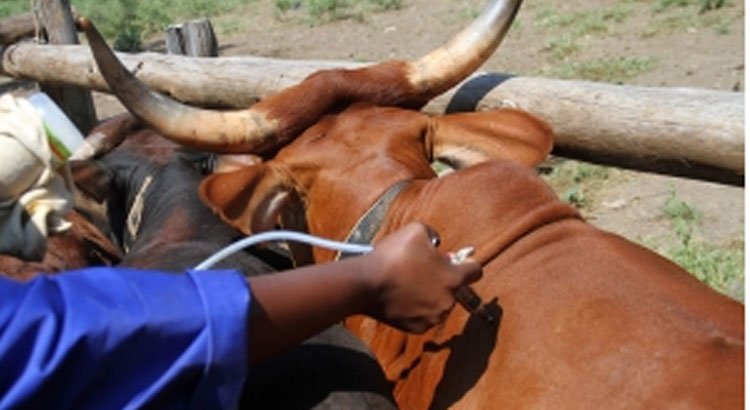
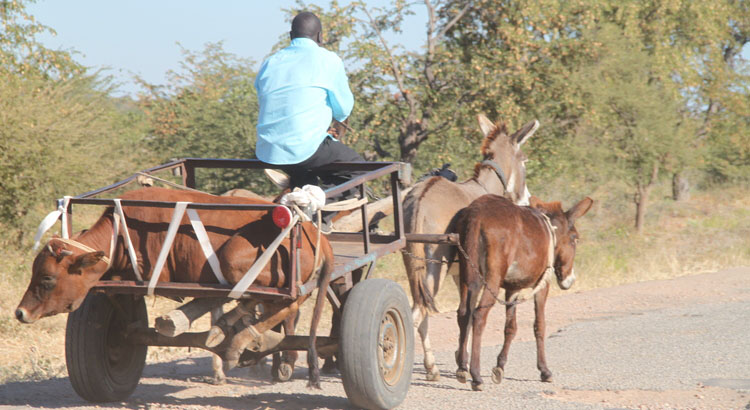


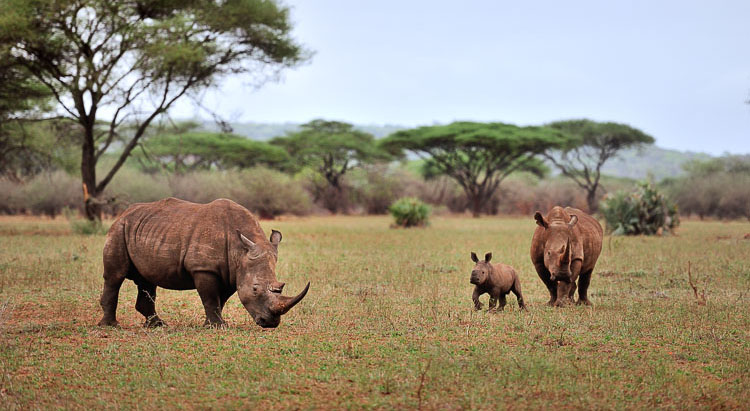



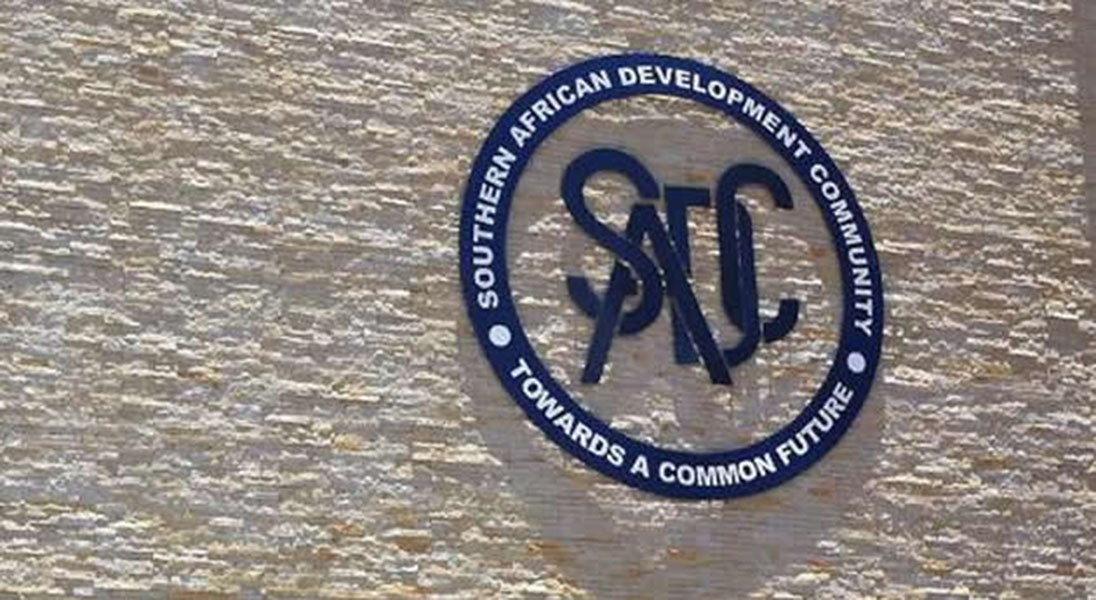
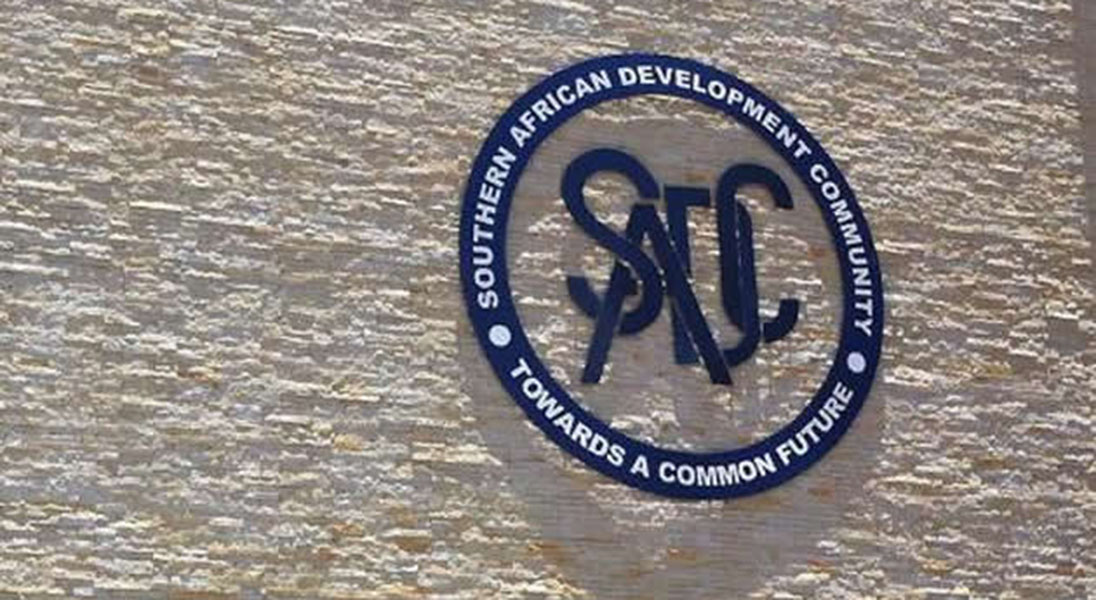

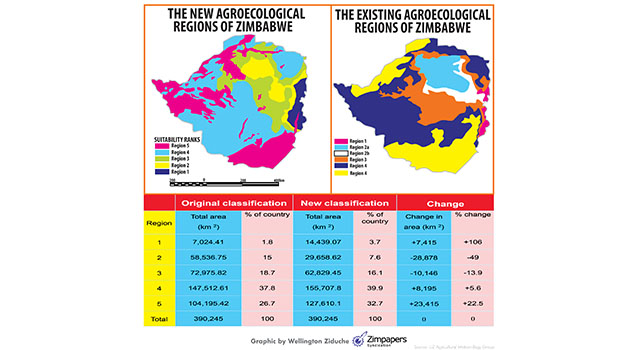
Comment